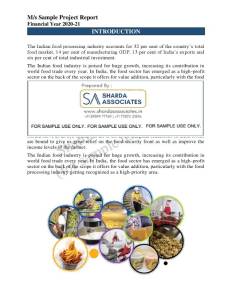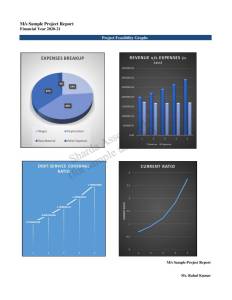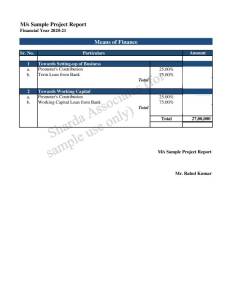Project Report For Tissue culture
Introduction
Project report for Tissue culture is as follows.
Tissue culture is the process of growing tissues or cells in an artificial medium that is distinct from the environment of the parent organism.
Micropropagation is another term used to describe this process. In most cases, the use of a liquid, semi-solid, or solid growth medium, such as broth or agar, helps to facilitate this process.
Cell and tissue culture are terms that are generally used to refer to the cultivation of animal cells and tissues, with the more specific phrase plant tissue culture being used for the cultivation of plants.
It will be easier to keep callus, cell, and protoplast cultures healthy if the environment is free of pathogens. This will result in the recovery of healthy plants from such cultures.
The cell and tissue cultures result in the regeneration of the entire plant system. Somatic embryos are formed in certain species such as carrots and sandalwood; on the other hand, calli are responsible for the development of both roots and shoots in various crops such as wheat, rice, barley, tobacco, and others.
Tissue culture is the process of developing new tissue for the purpose of the continuing growth of new plants that are disease-free and have a higher output capacity of fruits or vegetables, or for the production of wood products, among other things.
Production of genetically related plant offspring by cloning on a vegetative tissue or organ of the parent plant (or ex-plants) and growing them in growth hormone-containing media under sterile conditions is the goal of tissue culture research and development.
It may be utilised for the creation of hybrid seeds, the preservation of rare plants, the manufacture of infection-free slants, the production of more rare sed slants, and the production of hybrid seeds.
Increasing the output of the plant, and so on In India, around 122 tissue culture facilities have been established, with a combined annual production of 245 million plants.
Market Potential Of Tissue Culture
The tissue culture market is expected to grow at a compound annual growth rate (CAGR) of 11.8 percent over the forecast period, from INR 1384 billion in 2020 to INR 2,412 billion by 2025.
The increasing awareness of the benefits of cell culture-based vaccines, the increasing demand for monoclonal antibodies (mAbs), the increasing funding for cell-based research, the growing preference for single-use technologies, and the introduction of advanced Tissue culture products are all contributing to the growth of this market.
The increasing need for 3D tissue culture, the The high cost of tissue biology research, on the other hand, as well as a lack of adequate infrastructure for cell-based research activities, are the primary factors limiting the growth of this industry.
The increase in the occurrence of cancer, as well as the increased use of cell culture techniques, are two of the most important reasons driving the growth of the global cell culture market.
Also contributing to the market’s expansion are factors such as increased awareness of the usage of cell culture techniques for scientific purposes and increased investment in scientific research and development.
In addition, the increase in cancer-related research is a significant element driving the market’s expansion and expansion.
On the other hand, the anticipated increase in demand for enhanced cell culture technologies is a profitable potential for the expansion of the cell culture market.
Project Report Sample On Tissue Culture
Need Help?
Create 100% Bankable Project Report





